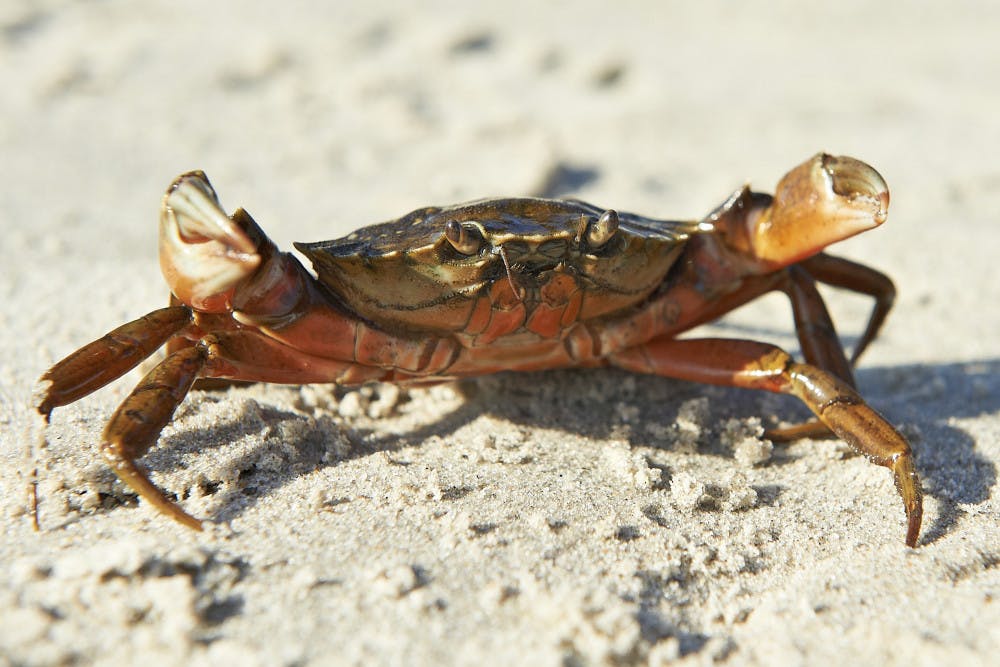By Ian Krietzberg
Nation & World Editor
While the more disastrous effects of climate change have yet to fully reveal themselves, Dungeness Crab larvae are some of the first of the many aquatic species to feel its impact, with the shells of the larvae weakening and dissolving amid a sweeping reduction in ocean pH levels, according to CNN.

While drops in oceanic pH have historically been related to an immense asteroid strike, they are now being contributed to rising levels of carbon emissions, according to CNN.
According to the Smithsonian Ocean Portal, a quarter of all carbon emissions, which are the result of burning coal, oil and gas, dissolve into the ocean rather than staying in the air. Since the beginning of the Industrial era, the ocean has absorbed 525 billion tons of carbon dioxide — about 22 million tons per day.
While this has slowed the rates of visible global warming, according to the Smithsonian Ocean Portal, it has been wreaking severe damage upon oceanic chemistry — the oceans have become 30 percent more acidic in the past 200 years. The rise in acidity is not allowing for the process of natural buffering, and the carefully evolved ocean wildlife do not have enough time to adapt.
Because of the increase in acidity levels, carbonate ions are less abundant, which is causing the weakening of shells in crustaceans, clams, oysters, plankton and corals, according to CNN.
Specifically for the Dungeness crab, lower pH levels are corroding shells of larvae and damaging their ability to regulate their buoyancy and deter predators, according to CNN. Research has also found that the rise in acidity is causing development delays and damaging the navigational structures of the crabs.
While scientists have yet to determine whether rising acidity is affecting adult Dungeness crabs in the same way, the implications can be severe both to the marine ecosystem as well as to the economy, as Dungeness crabs are one of the most valuable species in the world of commercial fishing, according to The Guardian.
"’If the crabs are affected already, we really need to make sure we pay much more attention to various components of the food chain before it is too late,’" said Nina Bednarsek, a senior scientist with the Southern California Coastal Water Research Project, to CNN.







